Weeds & Invasive Plants
All Weeds & Invasive Plants Content
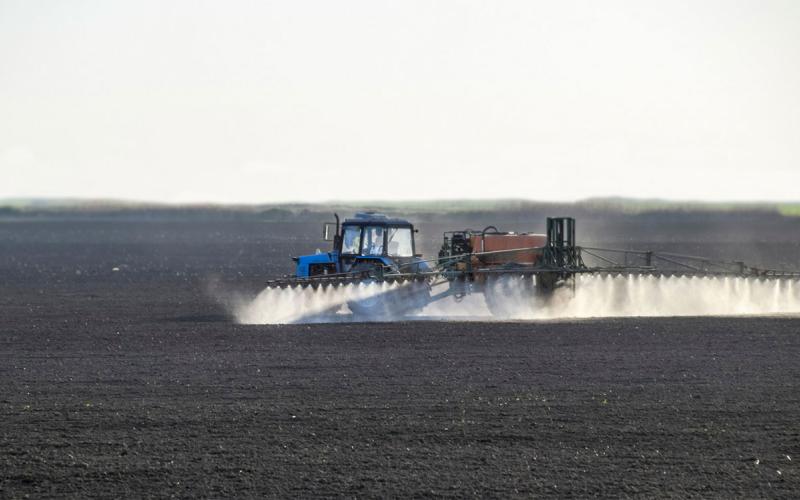
Considerations for Preemergence Herbicides
Weeds emerging with crop plants have the potential to reduce yields. Learn some tips for applying preemergence herbicides to control weeds before emergence to ensure that your yields aren't limited by early-season weeds.

Knowing the Soil Types in Your Fields Can Increase Weed Control
As soil temperatures increase, many farmers are beginning to plant crops and start preemergent weed control. Learn the important role that soil type can play in getting the most out of preemergence herbicide applications.
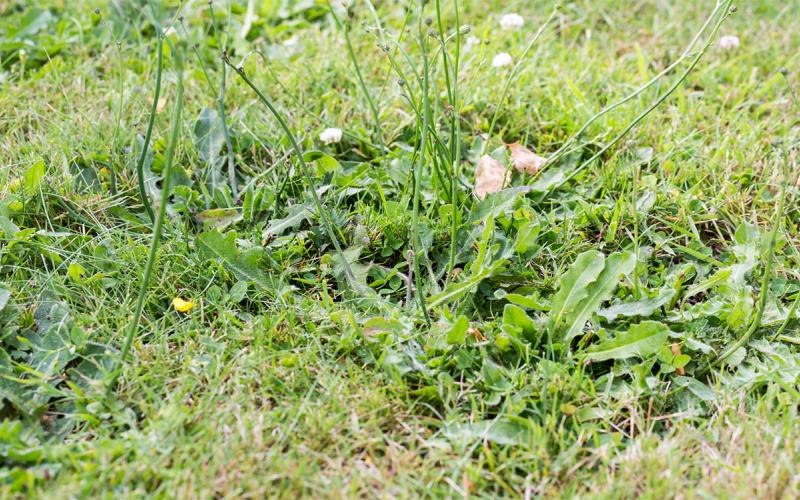
Considerations for Weed Control in Lawns
A weed-free lawn requires continuous maintenance year-round. From mowing considerations to herbicide applications, learn some expert tips for getting your lawn off to a great start this spring!

SDSU Extension welcomes new weed management specialist
April 21, 2023
South Dakota State University Extension is pleased to announce the hire of Eric Jones as the new weed management specialist.
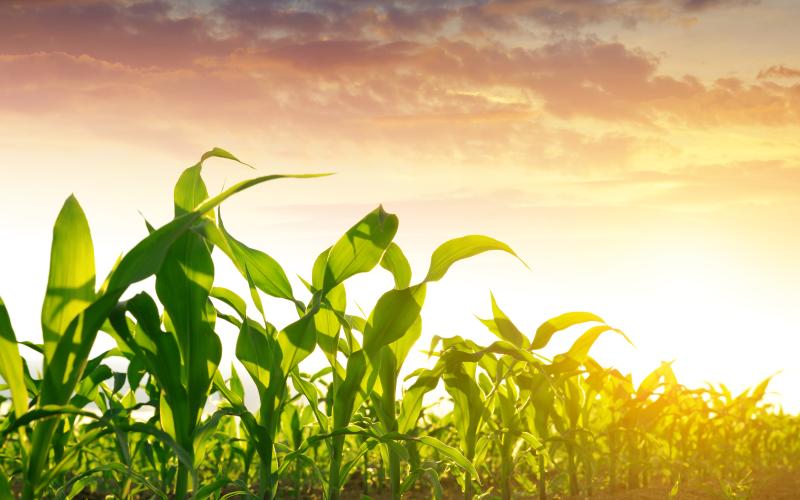
Best Management Practices for Corn Production
iGrow Corn is your unbiased, research-based guide to corn production, providing the latest recommendations to help increase yield, reduce input costs and protect your investment.
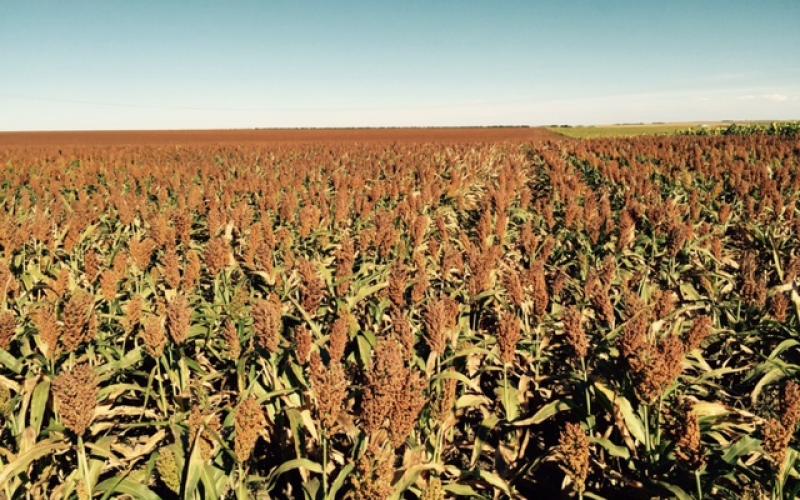
Sorghum Weed Control
Early competition, especially from grass, is critical for successfully controlling weeds in sorghum. There are preemergence as well as postemergence herbicides available for this crop. Early treatment provides the best control of broadleaved weeds with crop stage also being a critical factor for some postemergence treatments.

Apply now to attend SDSU Extension Master Gardener and Home Horticulture Course
February 24, 2023
Applications are now being accepted for the South Dakota State University Extension Master Gardener and Home Horticulture course offered March 23 to June 13.
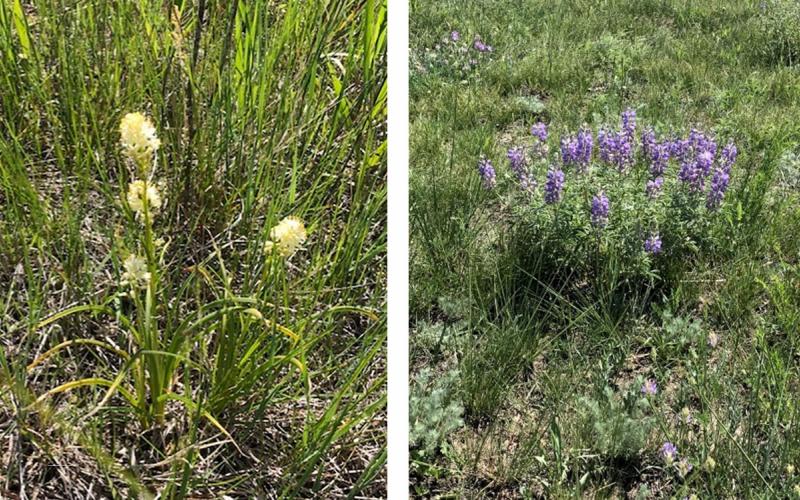
Poisonous Plants on Rangelands: Deathcamas and Lupine
With prolonged drought conditions throughout many areas of South Dakota, there is an increase of invasive weeds and poisonous plants on rangelands. Identification of poisonous plants is crucial to ensure livestock production is not compromised.
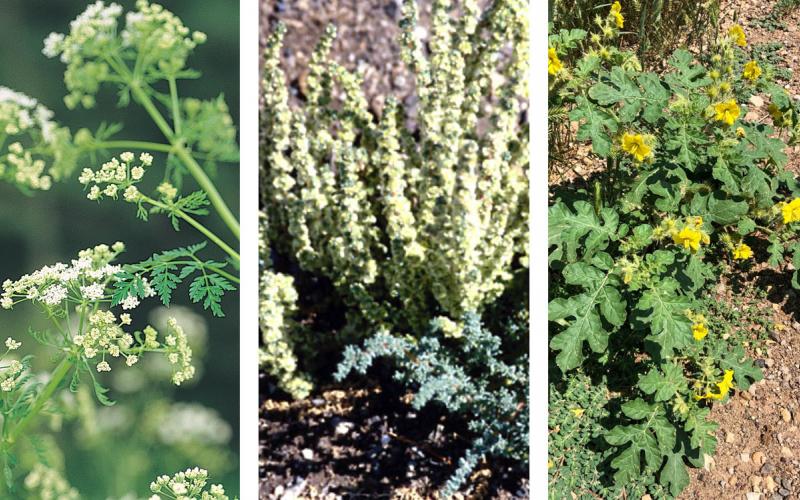
Poisonous Plants on Rangelands: Hemlock, Halogeton and Buffalo Bur
Several species of poisonous plants are invasive and can easily establish dense stands when there is a disturbance on rangelands. Hemlocks, halogeton and buffalo bur can all be found throughout South Dakota and are toxic to livestock.
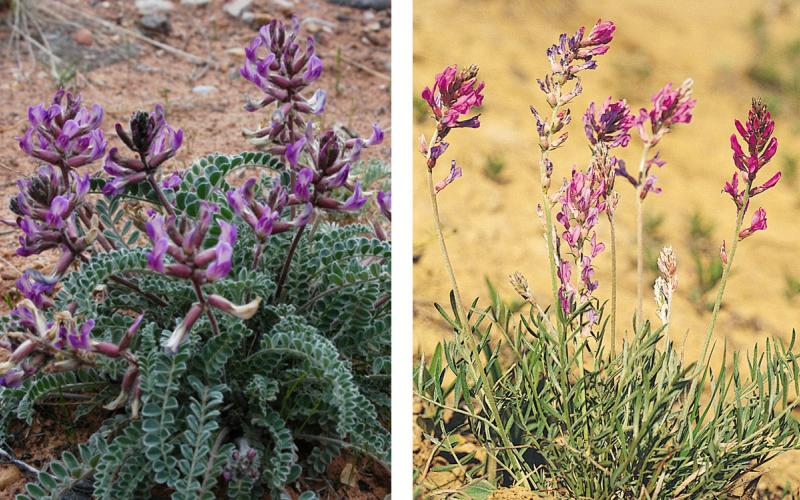
Poisonous Plants on Rangelands: Locoweed and Crazyweed
Locoweed and crazyweed are found throughout South Dakota rangelands, and both can cause livestock poisoning.The names locoweed and crazyweed are often used interchangeably. However, there are notable differences between the species.